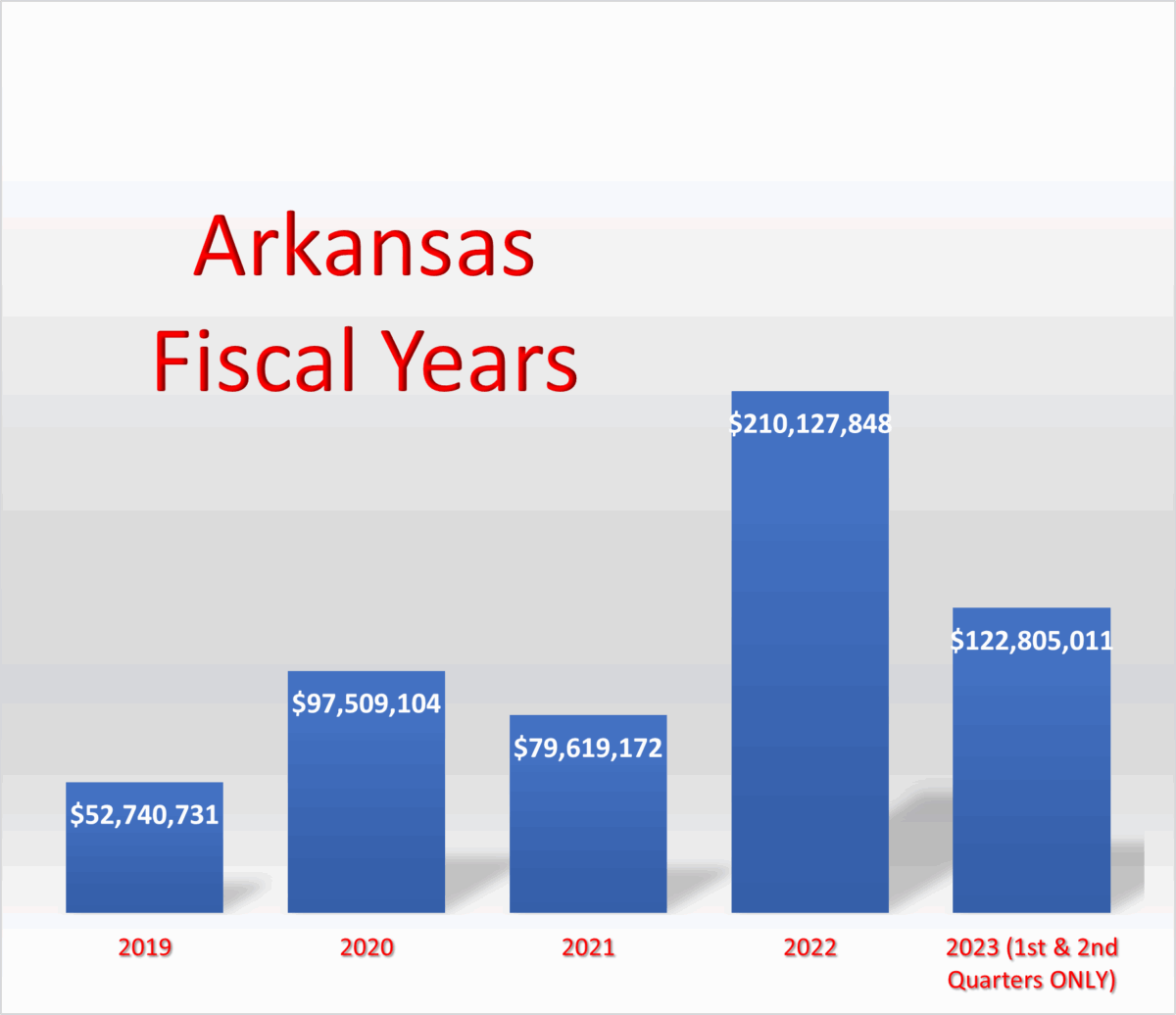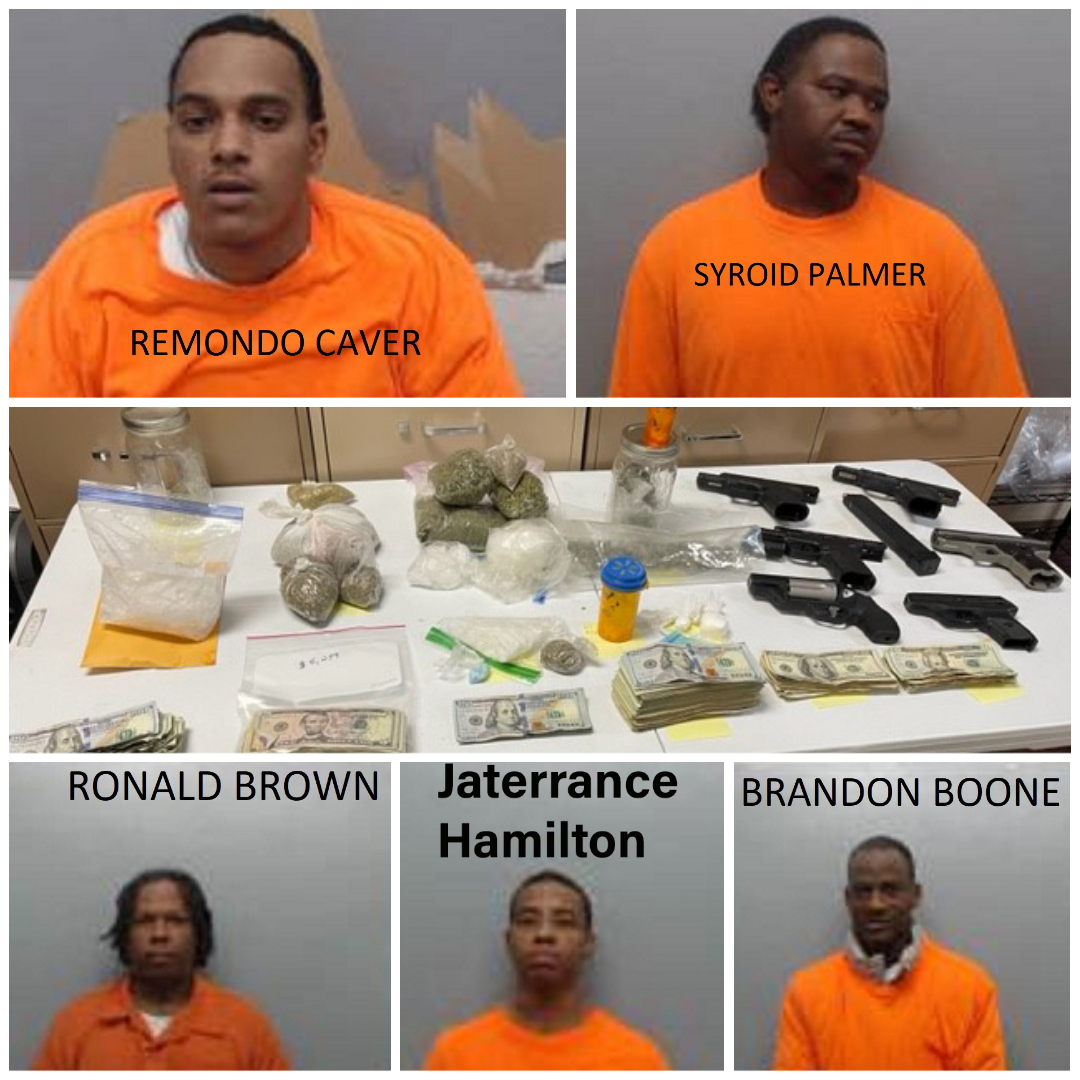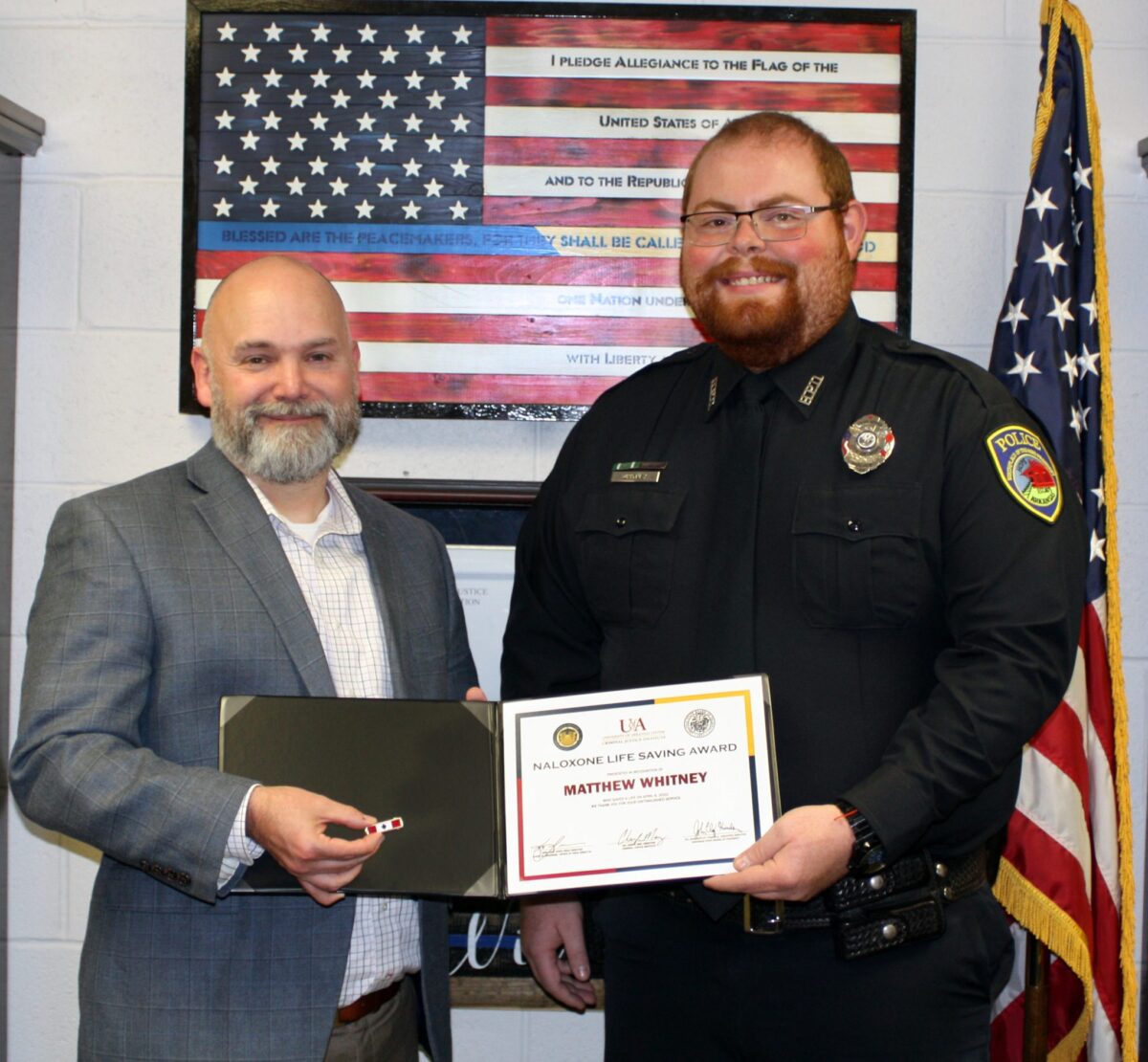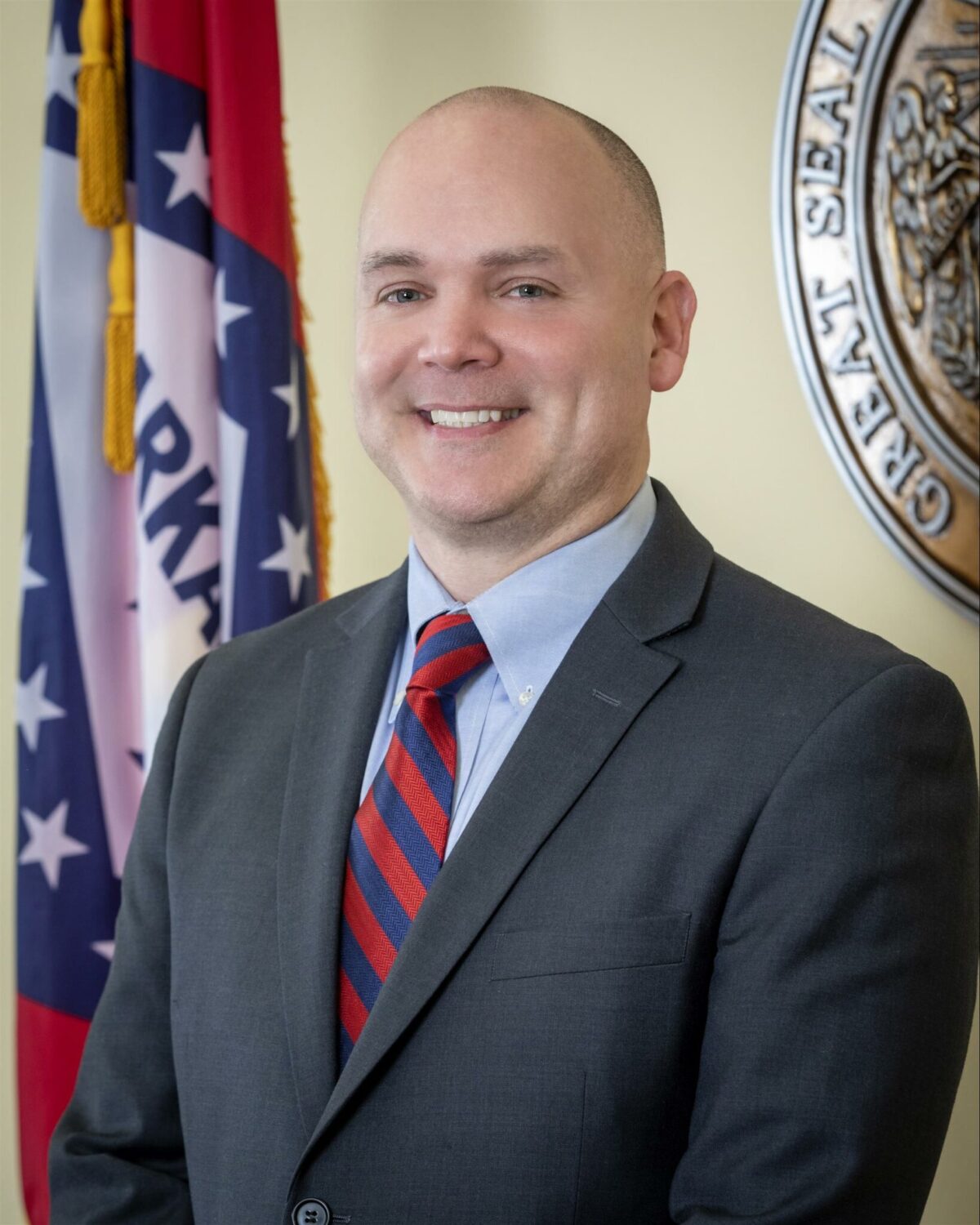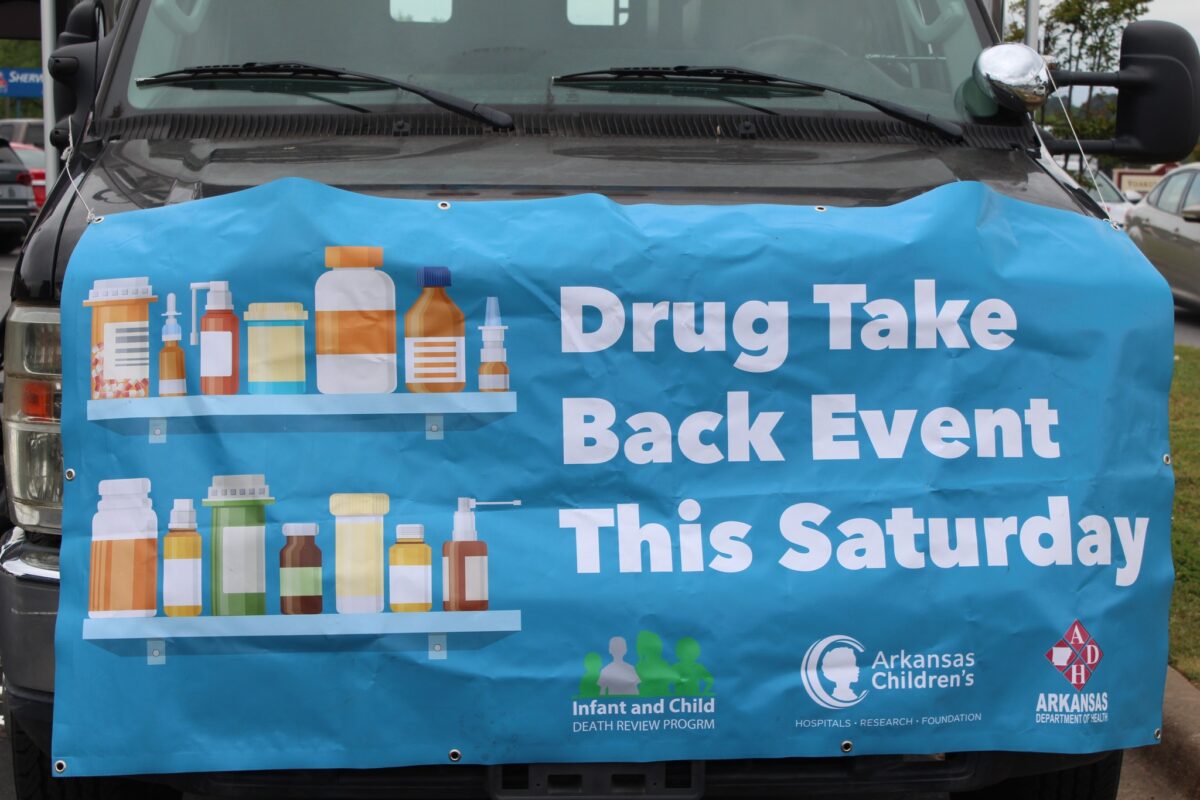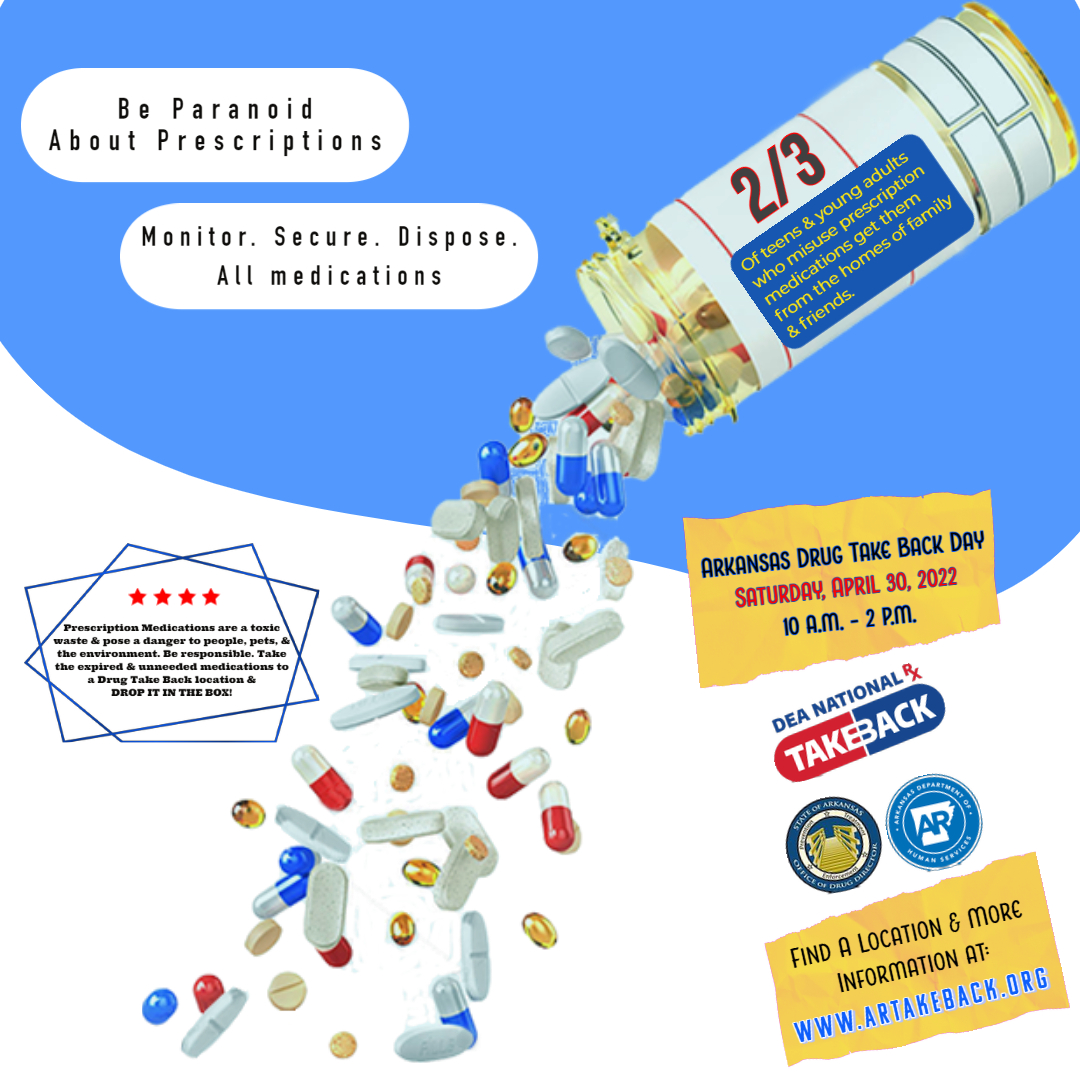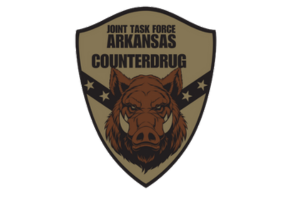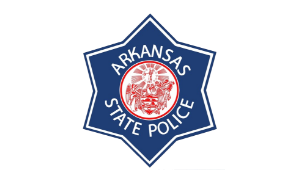More than 55 Million in Drugs, 1,000+ Arrests Amid ‘Operation Task Force Arkansas’
Drug Task Force officers across the state banned together since November to eradicate illicit and deadly drugs from communities, culminating with “Operation Task Force Arkansas” on Jan. 25, 2023. Their efforts led to more than 1,200 arrests, confiscation of hundreds of firearms, and more than $55 million of fentanyl, meth, cocaine, opioid pills, and other drugs.
“This is a new day in Arkansas,” said Arkansas Drug Director Boyce Hamlet, “We are grateful to our drug task force agents and commanders for their cooperation and leadership. If you are a person that deals fentanyl and opioids in our communities, to our families, and around our children you need to understand the old way of doing business is over.”
He added, “Arkansas is sick of the death, destruction, and sadness you have brought upon our state. We may have missed you this time, but we won’t the next time. Make a business decision and find a new profession. You have been warned.”
All 18 operational Drug Task Force units in Arkansas ended the 3-month focus with the 3-day intense warrants sweep serving 300 total warrants. In just three days, officers were able to confiscate 122 grams of fentanyl, 6,572 grams of meth, 500 prescription pills, 500 counterfeit pills (mostly fentanyl), 79 firearms and 256 arrests. Since the first day of 2023, they have totaled 522 arrests, more than 1.5 million grams of drugs (including 609 grams of fentanyl and nearly 60,000 grams of methamphetamine) and nearly 23,000 pills, all estimated at $21,852,048 estimate value of the drug confiscations.
Since November 1, 2022, the Drug Task Force officers have made 1,274 arrests, seized 372 firearms, and amassed 2,262,090 grams of drugs and 39,324 pills for $55,387,093 in estimated value of drug confiscations. The total confiscations since November 1, 2022, are:
- Cocaine (crack): 657 grams
- Cocaine (powder): 6,932 grams
- LSD/Ecstasy (MDMA): 165 dosages
- Heroin: 573 grams
- Fentanyl: 11,068 grams
- Marijuana/THC edibles (in all forms): 1,842,090 grams
- Methamphetamine: 260,728 grams
- Opioid pills: 18,392 pills
- Counterfeit pills: 20,726 pills
- Kratom: 2,036 grams
- Vape Pens: 1,541 cartridges
- Other (including Psilocybin mushrooms): 138,500 grams.
For information and treatment and recovery centers in Arkansas, where to dispose of medications, and more, visit www.ardrugtakeback.org. On the website, the Arkansas Opioid Dashboard has a map of the state in which individuals can click individual counties to reveal each counties own Opioid Dashboard, which contains information on Peer Recovery Specialists, drug and alcohol statistics, and more. Prescription medicines are toxic waste and pose a danger to people, pets, and the environment. Dispose of expired & unneeded medications in an environmentally save method by taking them to any of the 270 permanent drop box locations in Arkansas. To find a location, click on the Collection Sites tab and enter a zip code.
Provisional data from CDC’s National Center for Health Statistics indicate an estimated 93,331 drug overdose deaths in the United States during 2020, an increase of 29.4% from the 72,151 deaths predicted in 2019. In Arkansas, 618 people died from a drug overdose death in 2021.
